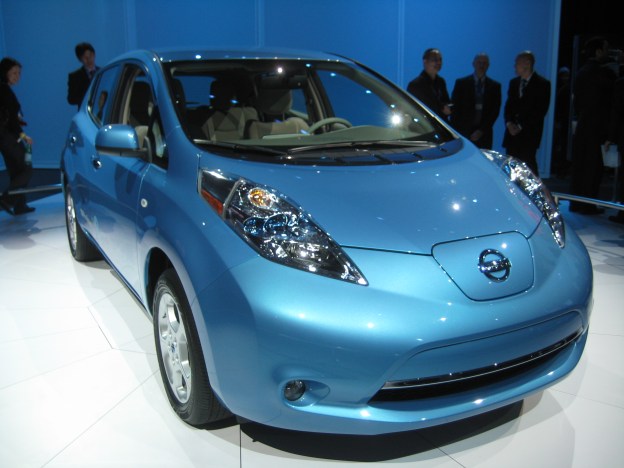
Almost every major car manufacturer has electric vehicles (EVs) in the works, but they may be in for some trouble ahead. A new survey shows that though more than half of consumers may consider buying an electric car, almost no one is willing to pay extra for it. Only 9 percent of respondents would pay even $2,000 more for an EV, reports Automotive News. This isn’t just a U.S. study either. It was conducted in by surveying 13,500 people in 17 different countries.
In the U.S., 54 percent of respondents were willing to consider an EV, but 78 percent of people wouldn’t spend over $30,000 for one. Moreover, the current crop of EVs may not be good enough. Most consumers want at least 200 miles on a single battery charge, but early models are only achieving about 100. Finally, charging time has to be under two hours. Current vehicles take up to 8 hours to get a full charge on a 240-volt system and up to 20 hours on a standard 110-volt electric plug.
So what does all this mean? Well, maybe nothing, but electric cars could face a some problems unless they hit the price and range of gas vehicles. Then, of course, there’s the problem of charging stations. We’re going to need to litter the country with them, but the process will take years. All in all, it looks like we might spend the better part of this decade warming up to electric cars.
What do you think? Would you buy an EV. If so, what range and price would it have to hit?
Editors' Recommendations
- Check out Spectre, Rolls-Royce’s first all-electric car
- Rivian won’t start delivering its electric pickup truck until 2021
- Why General Motors won’t be showing its next electric car at CES
- Opinion: Hey piston heads, just give up because electric cars are better
- Volta is building a free electric car fast-charging network. No, really


